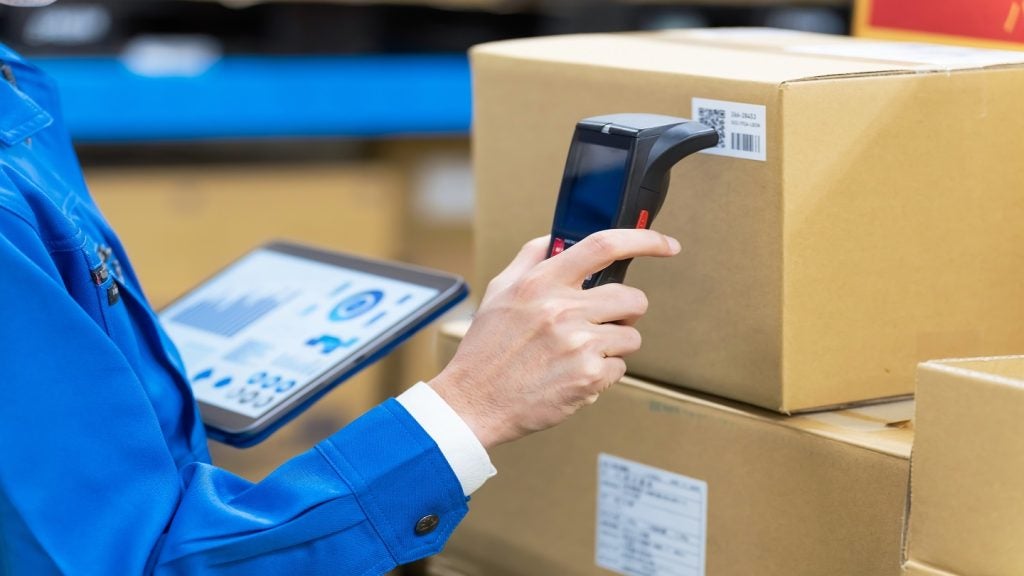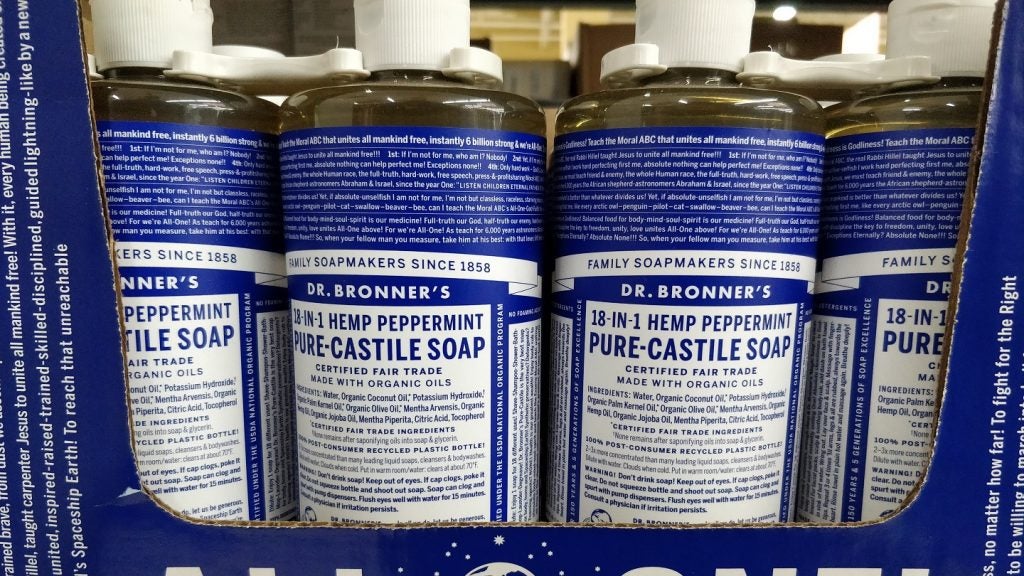In the fast-paced world of online shopping and eCommerce, where decisions are made in mere seconds, the importance of first impressions cannot be overstated. This principle extends beyond the products themselves to the packaging that cradles them. Studies suggest that people form opinions about brands within 3 to 10 seconds, and these initial impressions are challenging to alter.
Packaging is not just a vessel for safe product transit; it's a vital branding tool. It serves as the first interaction customers have with your brand, creating an opportunity to surprise and delight.
Whether it's about positioning your brand as premium or budget-friendly, enhancing brand awareness, or even acting as free advertising during transit, your packaging is a reflection of your business.
Main print and branding options
Bold colours
The use of bold colours in your packaging can create a visually striking and impactful appearance when customers receive their orders.
It's essential, however, that these colours align with your brand identity to avoid confusion. Large blocks of contrasting colours, accompanied by well-placed logos, can leave a lasting impression.
Full colour
Full-colour printing, common in retail packaging, is making its way into eCommerce boxes. Detailed graphics and designs can foster engagement and loyalty.
While it adds to the visual appeal, brands must consider the cost and potential damage during transit.
White inks
White inks, though not widely used, offer a unique and luxurious appearance. Whether creating a premium look or opting for an eco-friendly vibe on brown corrugated material, white inks can help your brand stand out.
White-out
White-out printing involves a large block of colour with excluded logos, allowing the corrugated material to show through. This technique, particularly effective with black inks and bold colours, creates a visually pleasing appearance and helps incorporate brand hues.
Spot laminating
Spot laminating introduces areas of high gloss to corrugated packaging, offering a subtle and high-end effect. This technique can be used in conjunction with other printing methods or in isolation to create a unique appearance.
Internal print
Printing on the inside of eCommerce packaging is a growing trend, providing a powerful unboxing experience. This internal print is not only visually impactful but also a suitable technique for shipping high-cost items discreetly.
Use of kraft cardboard
While not a printing technique, using brown kraft corrugated material can yield unique and environmentally friendly results. This choice accentuates recyclability, positioning your brand as environmentally responsible.
Single colour logos
Even a single-colour logo on your boxes can provide free advertising throughout the packaging's journey as simple, easy-to-recall branding. It's a low-cost yet effective way to enhance brand awareness and visual appearance.
Tessellating patterns
Tessellating or repeating patterns can offer a striking appearance, especially when cost considerations limit more advanced designs. Care must be taken to ensure logos are appropriately sized and spaced for optimal brand recall.
Labels
If direct printing is cost-prohibitive, custom labels provide a low-cost alternative. Though not as visually striking, labels can still convey a premium feel and offer flexibility for various products, brands, or customers.
Combining different print options
Some of the most appealing packaging designs result from combining various colours, techniques, and ideas. However, caution is advised to ensure the combination stays on brand and does not overwhelm the aesthetics.
Ultimately, first impressions significantly impact customer perception and, consequently, business success. Printed eCommerce packaging offers a range of options to enhance brand identity, engage customers, and create a positive unboxing experience.
Whether through bold colours, full-colour graphics, white inks, or innovative design trends, careful consideration of packaging can drive repeat business, customer loyalty, and establish a lasting relationship between the brand and the consumer.















